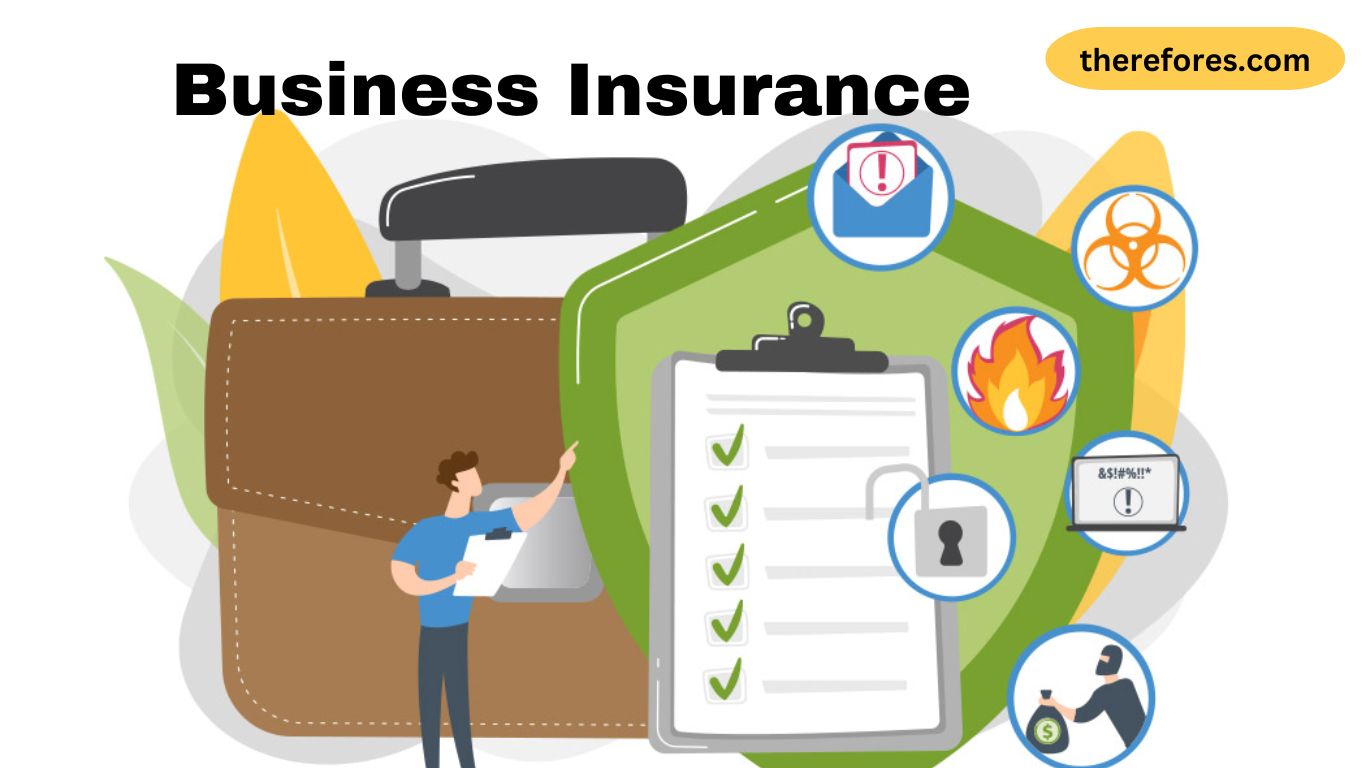Introduction
In today’s unpredictable business landscape, entrepreneurs and business owners face an array of risks that could jeopardize their operations and financial stability. From natural disasters to legal liabilities, the threats are diverse and ever-present. In such an environment, having robust business insurance coverage is not just prudent; it’s essential for safeguarding against potential losses.
The Importance of Business Insurance
Business insurance serves as a safety net, providing financial protection against unforeseen circumstances that could disrupt or damage your business. Whether you’re a small startup or a large corporation, having the right insurance coverage can mean the difference between survival and bankruptcy in the face of adversity.
Types of Business Insurance
There are several types of business insurance, each designed to address specific risks and liabilities. Here are some common types:
| Type of Insurance | Coverage Provided |
|---|---|
| General Liability Insurance | Bodily injury, property damage, advertising injury |
| Property Insurance | Damage to business property |
| Professional Liability | Negligence claims |
| Workers’ Compensation | Medical expenses, lost wages |
| Business Interruption | Lost income, ongoing expenses |
| Cyber Liability | Losses from cyber threats, data breaches |
| Commercial Auto | Vehicle accidents, theft, damages |
- General Liability Insurance: Protects against claims of bodily injury, property damage, and advertising injury.
- Property Insurance: Covers damage to your business property, including buildings, equipment, and inventory, caused by fire, theft, vandalism, or natural disasters.
- Professional Liability Insurance: Also known as Errors and Omissions (E&O) insurance, this type of coverage protects professionals from negligence claims and lawsuits arising from mistakes or inadequate work.
- Workers’ Compensation Insurance: Provides benefits to employees who are injured or become ill on the job, covering medical expenses and lost wages.
- Business Interruption Insurance: Compensates for lost income and ongoing expenses if your business is forced to temporarily close due to a covered peril.
- Cyber Liability Insurance: Protects against losses resulting from cyberattacks, data breaches, and other cyber threats.
- Commercial Auto Insurance: Covers vehicles used for business purposes against accidents, theft, and other damages.
Assessing Your Insurance Needs
- Identify Potential Risks: Conduct a thorough risk assessment to identify potential threats to your business, including natural disasters, accidents, lawsuits, and cyber threats.
- Understand Legal Requirements: Familiarize yourself with any legal requirements for business insurance in your industry and location. Certain types of insurance, such as workers’ compensation insurance, may be mandated by law.
- Assess Asset Value: Determine the value of your business assets, including property, equipment, inventory, and intellectual property. This will help you determine the appropriate coverage limits for property and liability insurance.
- Consider Industry Specific Risks: Some industries face unique risks and may require specialized insurance coverage. For example, healthcare providers may need malpractice insurance, while manufacturers may need product liability insurance.
- Review Existing Policies: If you already have insurance coverage, review your existing policies to ensure they adequately protect your business against current risks. You may need to update or add additional coverage as your business grows and evolves
The Benefits of Business Insurance
- Financial Protection: Insurance provides financial protection against costly liabilities and unexpected expenses, helping to mitigate the financial impact of adverse events on your business.
- Peace of Mind: Knowing that your business is adequately insured can provide peace of mind, allowing you to focus on running and growing your business without constantly worrying about potential risks.
- Legal Compliance: Maintaining the necessary insurance coverage ensures compliance with legal requirements and protects your business from potential fines, penalties, and legal liabilities.
- Enhanced Credibility: Having insurance coverage can enhance your credibility and reputation with customers, suppliers, and business partners, demonstrating your commitment to responsible risk management.
- Risk Management: Insurance is a key component of risk management strategy, helping to transfer and mitigate risks that could otherwise threaten the financial stability and continuity of your business.
Conclusion
In conclusion, business insurance is a critical tool for protecting your assets, mitigating risks, and ensuring the long-term success and sustainability of your business. By understanding your insurance needs, investing in the right coverage, and regularly reviewing your policies, you can safeguard your business against the myriad of threats it may face in today’s complex business environment.
